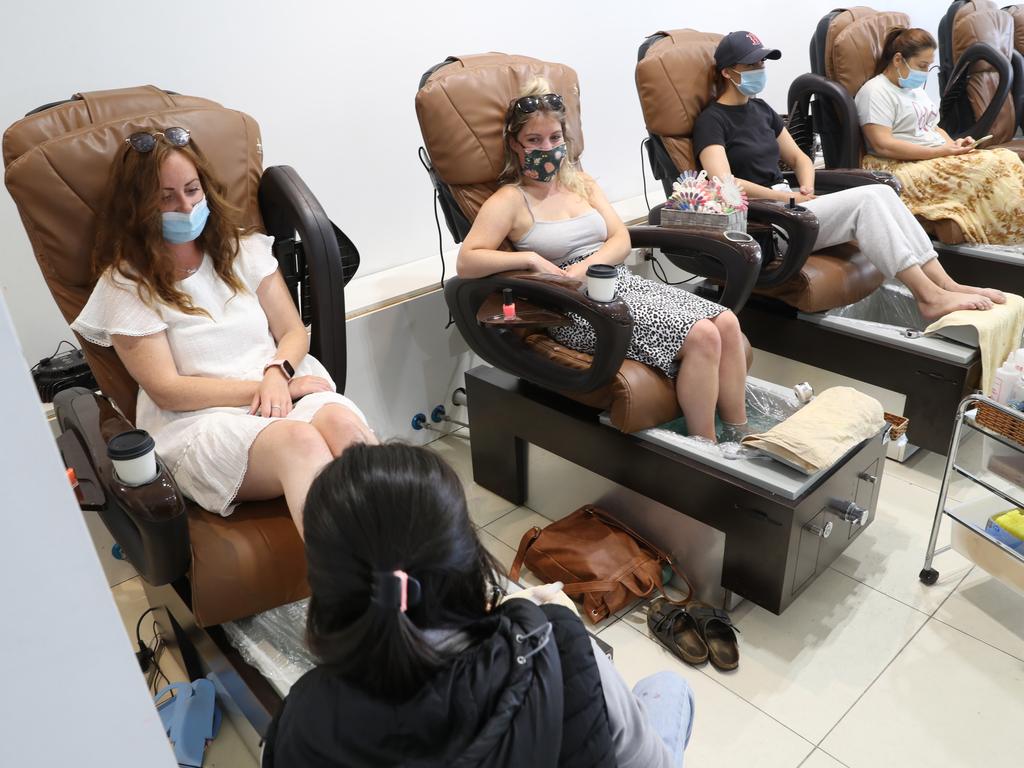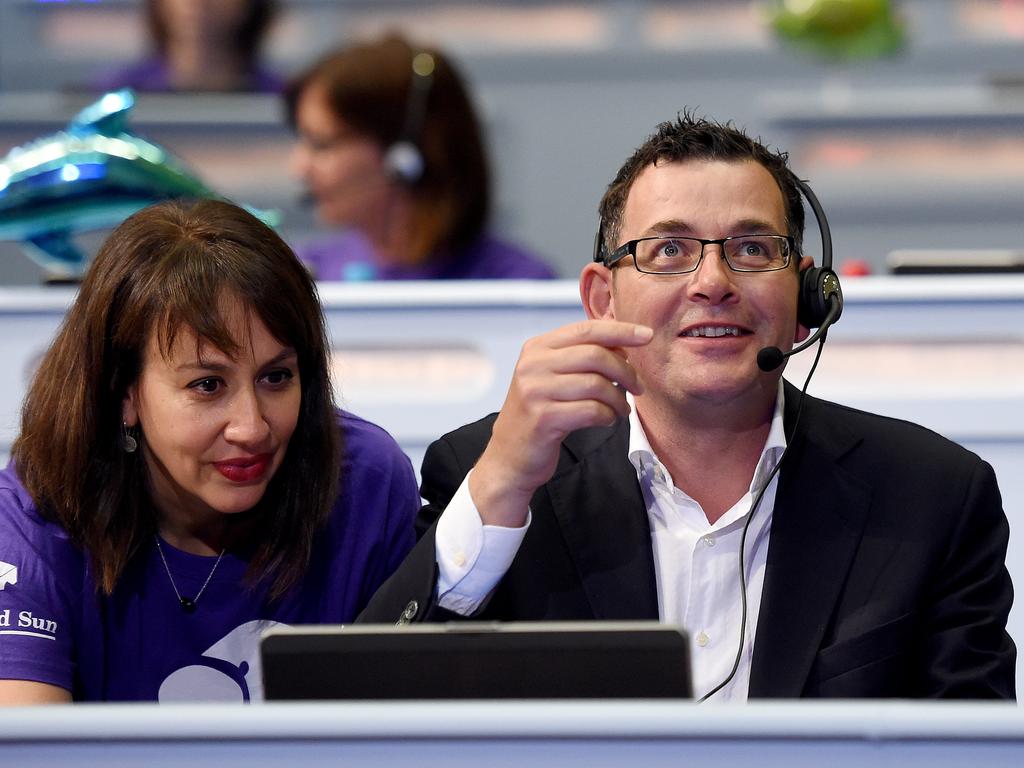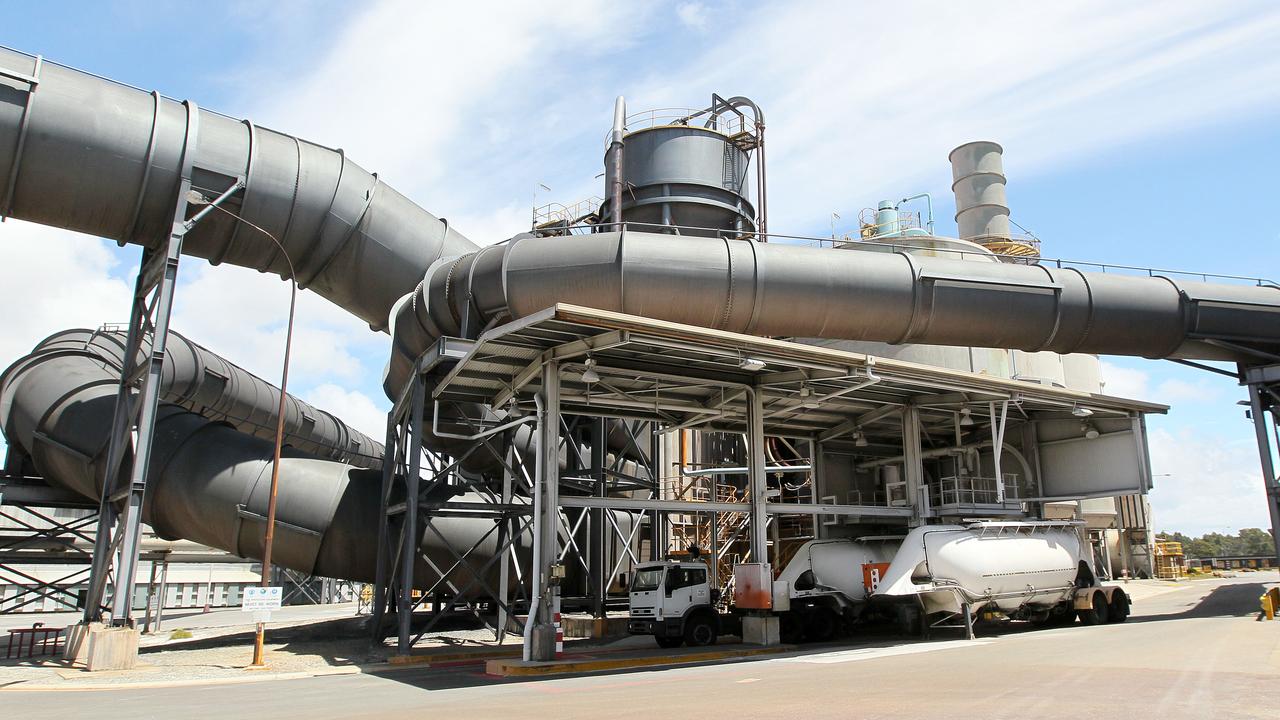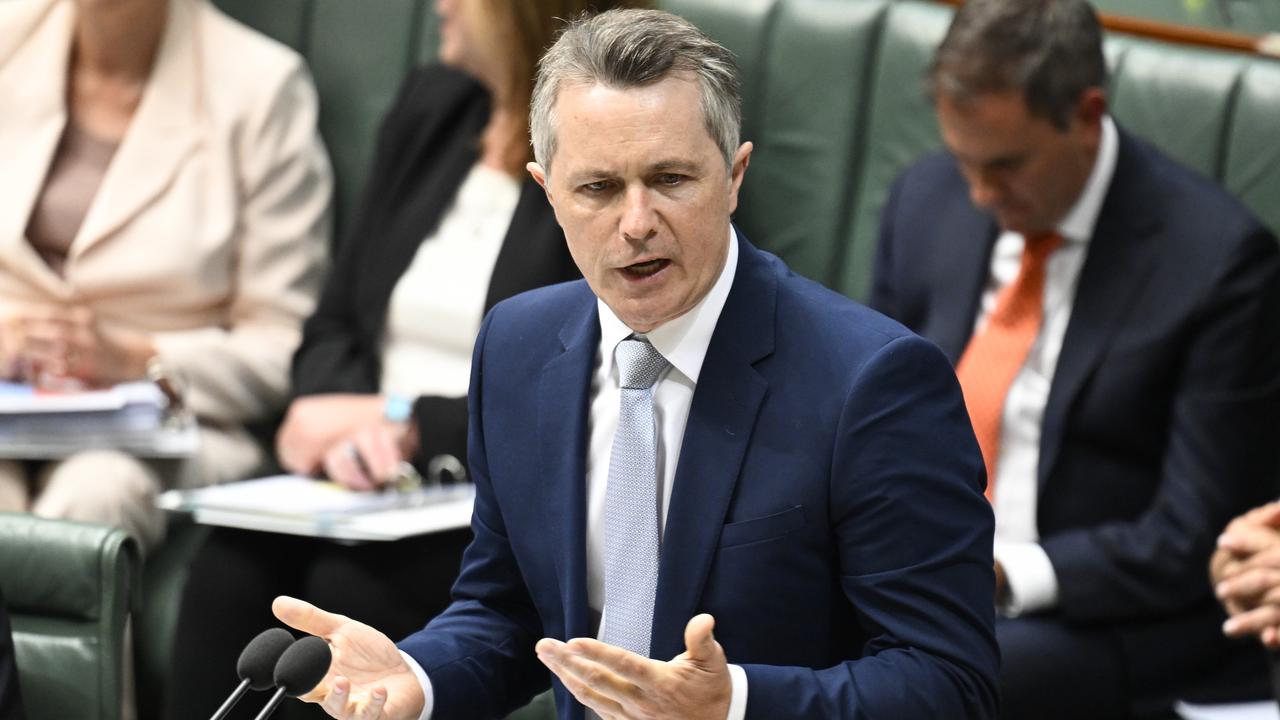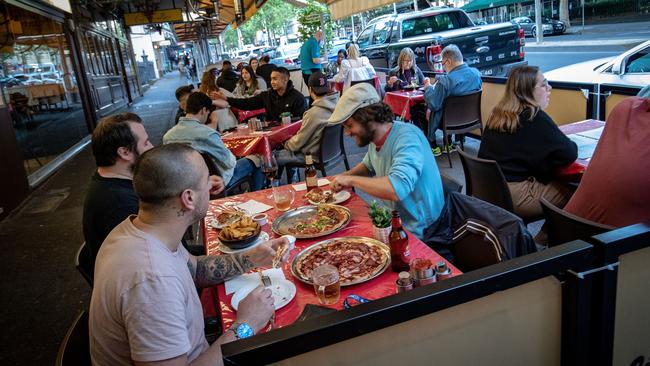
This column has no desire to be depressing, to spread gloom and despond as they say, but don’t discount the strong possibility of Australia experiencing a crippling third wave of COVID-19 in due course.
Can we trust the competence of Daniel Andrews’ government in Victoria to lead us out of lockdown into a situation where we can contain future outbreaks?
If the past is any guide to the future, the question answers itself, and should lead us all to embrace the power of prayer.
Still, let’s acknowledge achievement. The Victorian people, and the Victorian government, have achieved the lockdown objective, which was the radical suppression of the virus. Victoria had its peak of new infections on August 5, with 725 new infections. On August 1, Britain had 771 new infections.
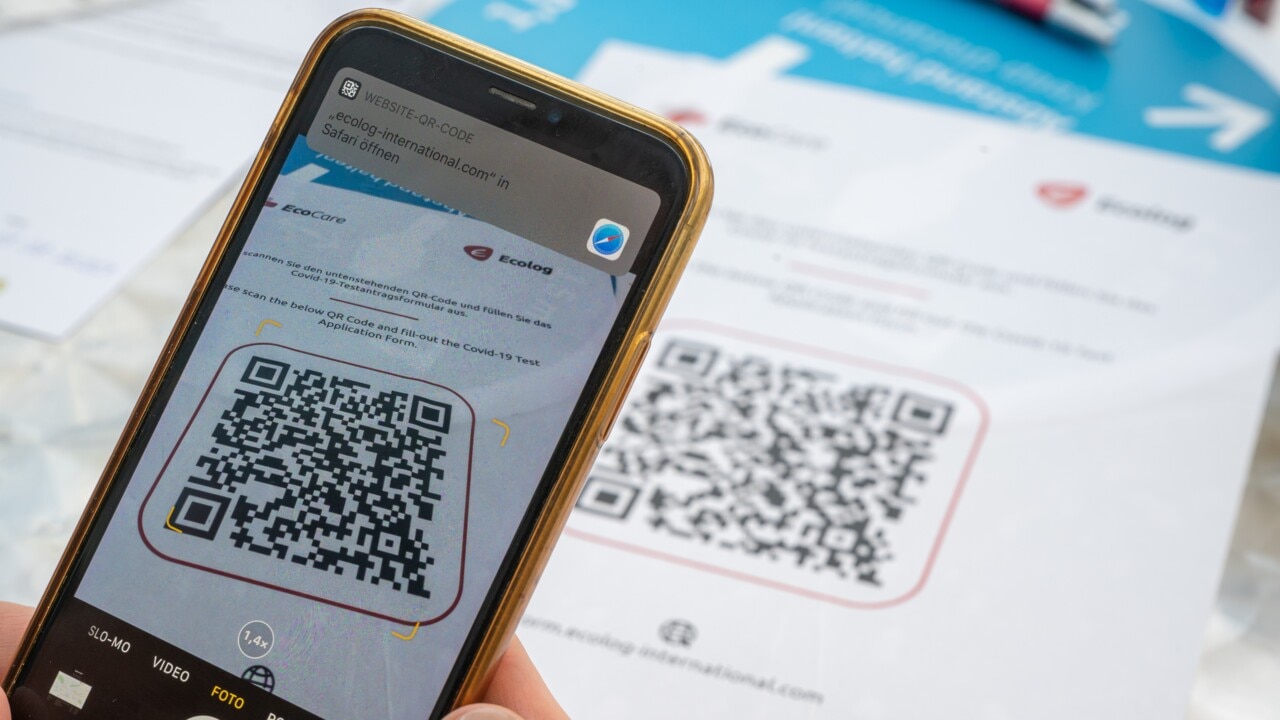
On Wednesday, Victoria recorded two new cases after two days of zero. Britain is registering 20,000 new cases daily. Victoria is out of lockdown. Britain is moving back into lockdown. More than half of England can no longer meet friends or family in pubs or restaurants. Wales has a 17-day lockdown. Scotland is imposing new restrictions. When infections first started to rise again in Britain, commentators took comfort from the lower death rates than the first wave. But after the predictable lag, hospitalisations and deaths are on the rise. Temporary emergency hospitals have been set up again.
Britain is part of a massive second wave crushing Europe. France has 50,000 new cases a day; The Netherlands has shut restaurants; Germany has too many cases for its impressive track and trace to keep up. Nine French cities have a curfew in place between 9pm and 6am.
The US faces similar troubles with new infections, hospitalisations and deaths all rising in numerous states. The northern hemisphere confronts an extremely worrying winter with big base numbers, no cure and no vaccine.

None of this is to exempt the Andrews government from criticism. It would be a very exacting critic who judged this column generally too soft on Andrews. It is true that his government should be compared chiefly with NSW, even more than with other Australian states. And the performance has been utterly dismal, in letting the virus escape through chronically amateurish mismanagement of hotel quarantine and then having a grossly inadequate track, trace and isolate system to contain the virus once it got out.
On top of that has come a shocking failure in accountability, with Andrews still claiming he does not know who chose to have hotel quarantine run by private security guards. He reminds me of former Pakistani leader Pervez Musharraf, who claimed he had no idea his chief nuclear scientist, AQ Khan, was illegally selling nuclear weapons technology all over the world and therefore he, Musharraf, bore no responsibility for this; yet, at the same time, his government was completely fit and proper, and utterly safe, to hold nuclear weapons.
When Andrews told us on Wednesday that Victoria’s test and trace IT was “best in class”, a shiver of apprehension should have run through every Victorian.
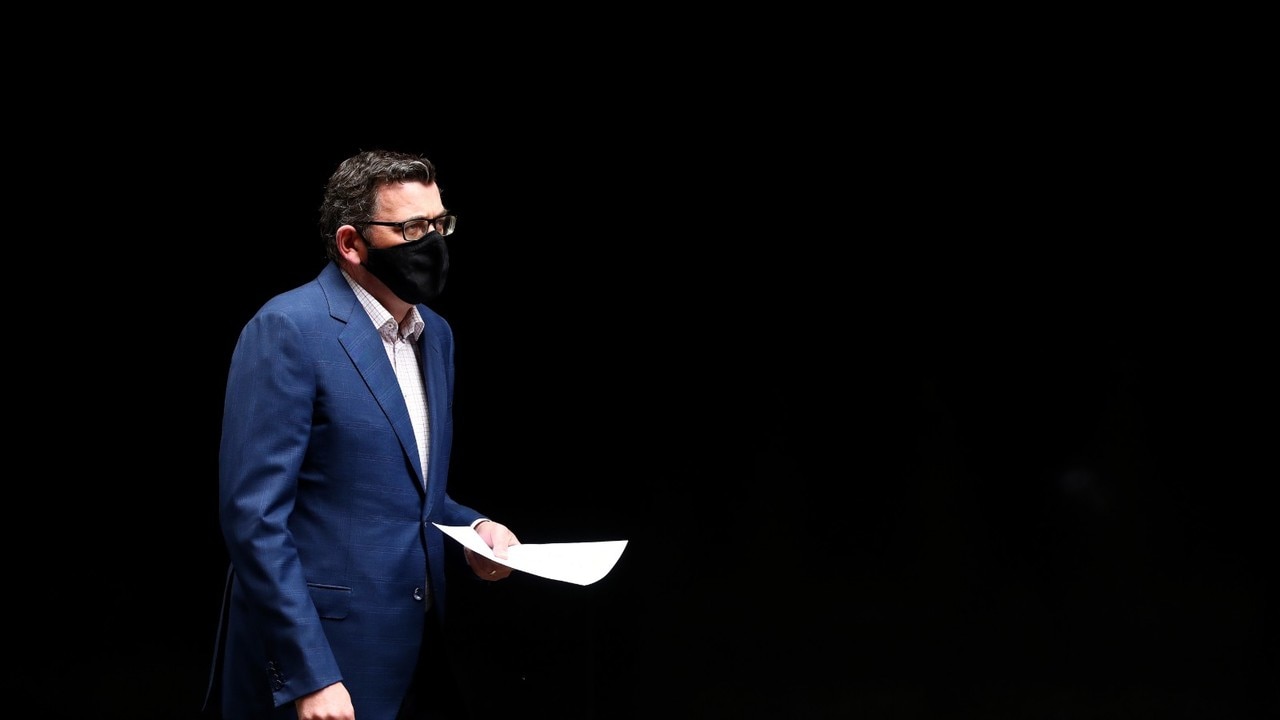
The big question is: how do we best move forward. But it is also necessary to recognise that something like the lockdown — maybe not so severe and maybe not so long, but something like it — was necessary. There is absolutely no epidemiological or social or any other reason that we would not otherwise have ended up like Britain or France or the US states being ravaged by new infections.
Nor would we necessarily have done anything to help our economy by trying to just “live with” the virus once it got out of control.
A Bank of England economist points out that countries which didn’t lock down but suffered a big wave of infections also suffered about the same economic damage as those countries which did lock down.
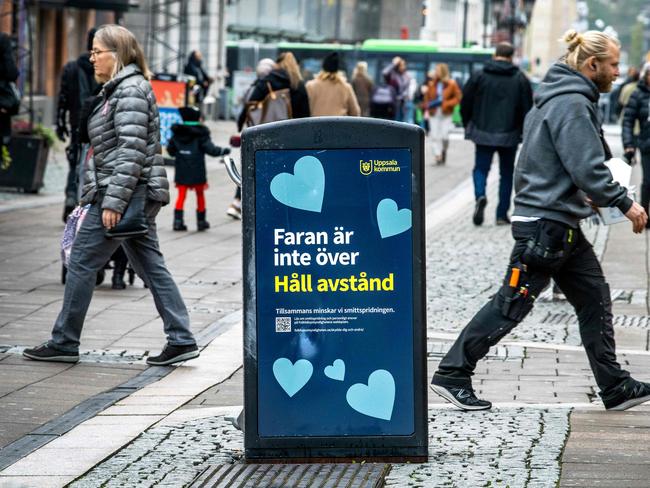
Sweden, which didn’t lock down, suffered a decline in consumer spending of about 85 per cent — that which was suffered by neighbouring Denmark — but with a much higher death rate. If Australia had suffered Sweden’s COVID-19 death rate, we would have about 16,000 virus deaths by now, instead of 907. If we had Britain’s death rate, we would have more than 18,000 virus deaths by now. In neither of those societies has the virus dying finished.
Within Australia, those states which locked down most effectively and basically eliminated the virus have done best economically. They have kept their borders shut, and that’s damaging, but within their own economies they can run as near to normal as possible.
You can only effectively “live with” the virus if you have numbers that are very low, plus an extremely effective test, trace and isolate regime, and if your society is cooperative and everyone is willing to wear masks. Even then, there are no guarantees.
The way you open up is critical. In Bob Woodward’s book Rage, he recounts an Oval Office conversation involving Anthony Fauci, the boss of the National Institute of Allergy and Infectious Diseases. Fauci says, of states opening too quickly: “We really got to be careful … there’s going to be a danger of a rebound. And the one thing you don’t want is to try to open and then rebound and have to close again.”
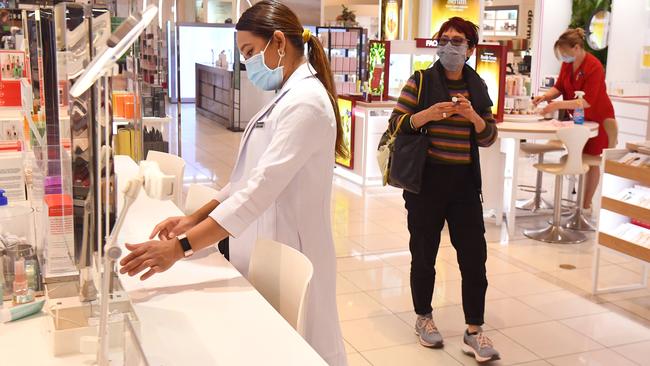
In other words, not only the human cost, but the economic and social and political cost of losing control of the virus once you start to open up is enormous. So, impatient as you are, it’s smart to be cautious, and a little slow.
Last time we opened up, I saw almost no effective social distancing at any big Melbourne shopping centre I went to. It’s got to be different this time if we don’t want disaster again.
Here are some things we should concentrate on. No real loosening up of overseas visitors coming until we get a vaccine or something similar. The danger of breaches is enormous. The federal government would be highly irresponsible to push that early.
We should ban obvious super-spreader events — big crowds, crowded bars, discos, choral singing, large parties. Keep masks on. The most successful societies dealing with COVID-19 are all in Asia and they all wear masks. Make social distancing structural through redesigned offices, hospital wards, more space, more open windows and so on. And be relentless on test, trace and isolate.
No one knows, even today, how this virus will unfold — not the scientists, nor government leaders, and certainly not the journalists and commentators who think they’ve conquered epidemiology through six months part-time bloviating.
But there are some things we can do which improve our chances. And don’t forget to pray.


